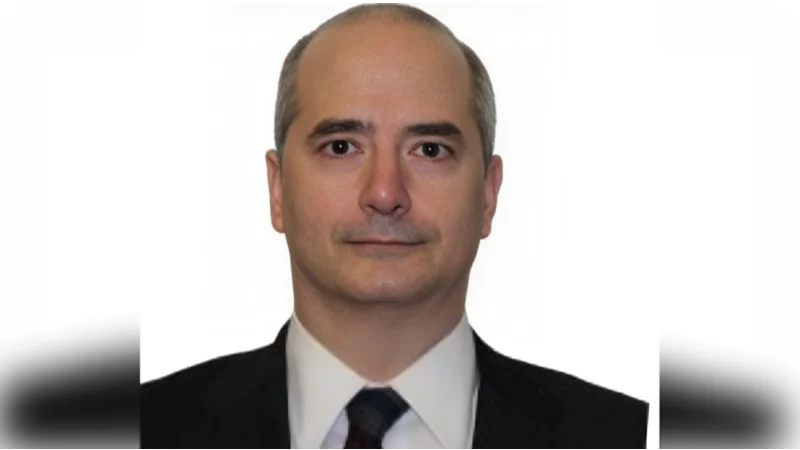Ji Wang, a resident of Painted Post, New York, was found guilty by a federal jury on charges including economic espionage and theft of trade secrets. The verdict was announced by Assistant Attorney General for National Security John A. Eisenberg and U.S. Attorney Michael DiGiacomo for the Western District of New York.
“Yesterday, a federal jury found Wang guilty of stealing sensitive defense research from his employer and attempting to use it to pursue personal profit at the expense our national security,” said Assistant Attorney General for National Security John A. Eisenberg. “We are committed to combating economic espionage and holding accountable those who disregard our export-control laws and the security of U.S. technology. This verdict reaffirms that such betrayals of trust will not go unpunished.”
“This conviction demonstrates the importance of protecting trade secrets developed in the United States, especially those with military applications,” said U.S. Attorney DiGiacomo. “My office will continue pursue and prosecute those that steal such information.”
Wang immigrated to the United States from China in 1998 to work at Corning Incorporated. Between 2002 and 2007, he participated in a joint research project funded by both Corning and the Defense Advanced Research Projects Agency (DARPA), aimed at developing high-powered optical fibers for lasers with both commercial and military uses. The project had an overall budget of $11.4 million.
According to court findings, Wang stole hundreds of confidential files related to this DARPA-funded project on July 1, 2016, including proprietary manufacturing processes necessary for producing specialty optical fibers used in fiber lasers.
Investigators determined that just before taking these files, Wang applied for China's Thousand Talents Plan Award—an initiative designed to attract overseas Chinese scientists back to China with significant financial incentives. He was selected as an award recipient two months after taking the data.
Evidence presented showed that between 2014 and 2017, Wang negotiated with Chinese government entities about starting a business focused on specialty fibers in China—a venture potentially backed by tens of millions of dollars in investment from state sources. His business proposals highlighted potential military uses for these technologies, stating they could be installed on vehicles such as tanks.
Authorities intervened before Wang could establish his company or further exploit the stolen technology.
“Mr. Wang stole sensitive technology that Corning, Inc. and DARPA spent millions of dollars developing so he could line his own pockets and help our adversaries undermine U.S. national security,” said Assistant Director Roman Rozhavsky of the FBI’s Counterintelligence Division. “For years, China’s government has waged a vast economic espionage campaign designed to put our nation at risk and American companies out of business. This conviction makes clear that the FBI and our partners will continue to hold accountable anyone looking to steal U.S. innovation for our enemies.”
“The Bureau of Industry and Security remains committed to working alongside our law enforcement and industry partners to prevent the unlawful transfer of sensitive technologies,” added Jonathan Carson, Special Agent-in-Charge at the Department of Commerce Bureau of Industry and Security’s New York Field Office.
The investigation involved agents from both the Federal Bureau of Investigation (FBI) under Special Agent In-Charge Philip Tejera and agents from the Department of Commerce’s Office of Export Enforcement led by Jonathan Carson; Homeland Security Investigations also assisted.
Prosecution was handled by Assistant United States Attorney Meghan K. McGuire along with Trial Attorneys Nicholas Hunter and Brendan Geary from the Justice Department’s National Security Division.
Economic espionage is punishable by up to 15 years in prison while theft of trade secrets carries up to 10 years imprisonment; sentencing is set for April 15, 2026 before Judge Frank P. Geraci Jr., who presided over this case.




